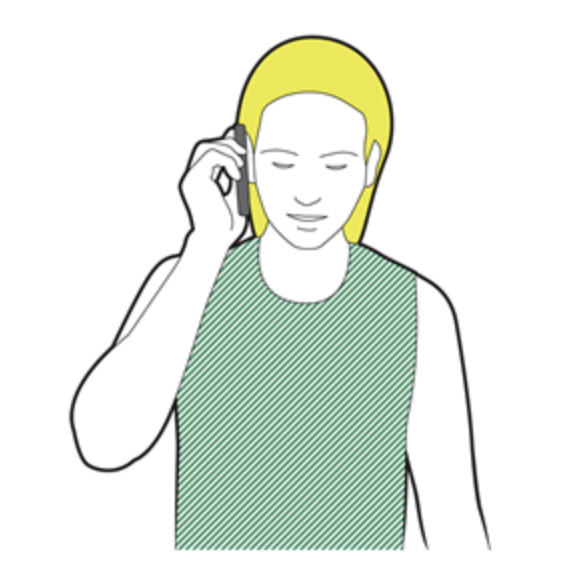You can find useful resources and infomation from the drop-down options below.
Registered Players
Fees for season 2020/21 will remain the same as last year:
£50 registration fee (all players).
£35 a month subs for mini-soccer (5 or 7-a-side) for 7 months (October – April inclusive)
Or a single amount of £225 (£20 saving) can be paid in October.
£40 a month for youth-soccer (9 or 11-a-side) for 7 months (October – April inclusive).
Or a single amount of £255 (£25 saving) can be paid in October.
Sibling discount – £10 per month (speak to treasurer if paying annually)
Summer Months, all age groups (Non-league game period) Fee’s will be £20 per month to cover training sessions and friendlies. Period of May – September.
Unregistered Players
£5 per week Training session only.
Beacons Football Club prides itself on the competitive subs we charge to allow all children to be involved in the team sport. The subs that you pay run our club. Below are just some of the things that your subs pay towards:
At Beacons Football Club every child matters and we are committed to the safeguarding and welfare of every child.
The Child Welfare Officer ensures that all Government policies and agendas are being met by the club. The Child Welfare Officer (CWO) is responsible for making sure that all relevant training and clearance has been given to everyone involved and ensuring the club understands and meets its responsibilities.
The CWO looks after any concerns that may arise with a child and has been trained to deal with sensitive issues. The CWO ensures all Child protection policies; guidance and practice are delivered safely and will involve any agencies if needed to protect a child’s welfare.
What you can expect from you CWO
The parent / guardian can:
Club officials will:
The child can raise concerns if they:
The CWO may contact you if they have concerns about you or:
Defibrillators are devices that apply an electric charge or current to the heart to restore a normal heartbeat. If the heart rhythm stops due to cardiac arrest, also known as sudden cardiac arrest (SCA), a defibrillator may help it start beating again.
The ground's Defibrillator is located in the clubhouse
STEP 1 |
After performing a primary survey, and you find someone is unresponsive and not breathing normally, ask a helper to call 999 or 112 and ask for an ambulance while you start CPR. Ask a helper to find and bring a defibrillator, if available.
|
STEP 2
|
When the helper returns with a defibrillator, ask for it to be switched on (some will have an on/off button whilst others will turn on when their case is opened). Once turned on, follow the verbal instruction from the defibrillator. Your helper should remove or cut through clothing to get to the casualty's bare chest. Dry the chest if it is wet and place the pads as shown while you continue CPR. |
STEP 3
|
They should attach the pads to the casualty’s chest by removing the backing paper. Apply the pads in the positions shown without stopping chest compressions.
|
STEP 4
|
Once the pads are on the defibrillator will tell you to stop CPR and analyse the heart’s rhythm. Make sure no one is touching the casualty. It will then give a series of visual and verbal prompts that you should follow.
|
STEP 5
|
If the casualty shows signs of becoming responsive, such as coughing, opening eyes or speaking, and starts to breathe normally, put them in the recovery position. Leave the defibrillator attached. Monitor their level of response and breathing and be prepared to start CPR again, if needed. |
PLAYERS’ CODE OF CONDUCT
Beacons FC will provide you with a safe environment to learn about football. We will coach and support you so that you have a fun and enjoyable experience while you develop and do the best you can.
At Beacons we want everyone to be safe and happy. We want everyone to have fun and to enjoy playing for our teams. If you don’t feel safe, speak to your manager or another Beacons coach.
What we expect from you -
So that everyone can have fun, there are rules you need to follow when playing for Beacons. If the rules are broken you may face match bans or be asked to leave the team.
We ask you to:
We would also like you to talk to someone if you are unhappy about anything in the club (for example your parent/guardian, coach or the club’s child welfare officer).
SUPPORTERS’ CODE OF CONDUCT
Beacons FC is committed to the safeguarding of every child’s welfare. We support the FA’s Respect programme to ensure football can be enjoyed by everyone in a safe and positive setting. We provide safe, friendly and fun surroundings for our children to grow and learn in a sporting environment.
The FA’s Respect programme is aimed at tackling unacceptable behaviour across the whole game. Parents/Guardians are responsible for the spectators they bring to matches and are asked to behave in a manner set out below to protect the welfare of the children. Anyone not adhering to the code will result in action set out in the club’s disciplinary procedure.
What we expect from you –
CLUB OFFICIALS CODE OF CONDUCT
Beacons Football Club officials must consistently display high standards of behaviour and be role models for players, parents and spectators.
Team Managers/Coaches must: